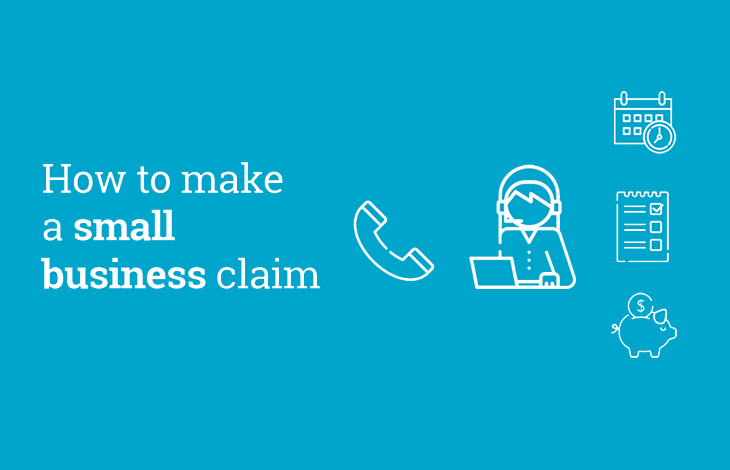
How insurance advisers streamline the claims process
It’s fair to say that the claims process has always been difficult to navigate, however as insurance policies becomes tougher to obtain, the process has become even more complex. In essence, insurance providers now, more than ever, thoroughly scrutinise all claims. This means that having the proper documentation has now become critical to a successful claims process.
To appreciate the utility of an insurance adviser in simplifying the claims process, you need to know how this process operates. So let’s take a quick look at the key steps in the claims process and then at how your insurance specialist can make the process so much easier for your company.
Key steps in the claims process
When an incident occurs, your first step is to check your Product Disclosure Statement to make sure that it’s a claimable incident and not included in the list of exclusions. If it is a claimable incident, then you need to contact your insurance provider as soon as possible, particularly if it’s a serious incident. If a crime has been committed, then you also need to call the police.
When you make the claim, you need to provide as much detailed information as possible, starting with proof of ownership and an invoice to show your financial loss. It may also include a police or medical report. The insurance provider, however, may need more information and this request can take up to 10 days to be made or they may appoint a loss assessor or investigator, which will lengthen the process even more.
Complex claims can take quite a while to process, particularly if not enough information is provided at the start of the process or if some of the information is incorrect. At every stage of the process, the company will have a set number of days to reply to your queries and if they investigate the matter, they need to provide updates every 20 business days. If your claim is denied, they must supply written reasons for this denial and provide you with information about their complaint’s procedures.
As you can see, the claims process can be lengthy even if all your documentation is in place. Anything that can make this process faster and more streamlined is to be welcomed.
How can your insurance adviser streamline the claims process?
A key point in leveraging the expertise of an adviser is that they are on your team; they are your advocate during the claims process. They make sure that the correct information is submitted in support of your claim, handle all communications and deal with the insurance company on your behalf.
A strong rapport with your insurance company helps to make the claims process effortless for everyone concerned. In fact, insurers like to deal with insurance advisers because they make the process easier for them as well. When a claim is presented with all the required information, it helps the insurer to make a swift decision.
If it’s a complex claim, your insurance adviser can handle any disputes or issues calmly and efficiently, because they have been dealing with the insurer for many years; they often have more understanding of the system than the claims processors.
In the end, if you want to save time, money and get a good outcome from your claim, it pays to leverage the expertise of an insurance adviser. To discuss your business needs, talk to an insurance professional today and find your local adviser.
Important Information
This communication including any weblinks or attachments is for information purposes only. It is not a recommendation or opinion, your personal or individual objectives, financial situation or needs have not been taken into account. This communication is not intended to constitute personal advice.
We strongly recommend that you consider the suitability of this information, in respect of your own personal objectives, financial situation and needs before acting on it. This document is also not a Product Disclosure Statement (PDS) or a policy wording, nor is it a summary of a particular product’s features or terms of any insurance product. If you are interested in discussing this information or acquiring an insurance product, you should contact your insurance adviser to obtain and carefully consider any relevant PDS or policy wording before deciding whether to purchase any insurance product.



